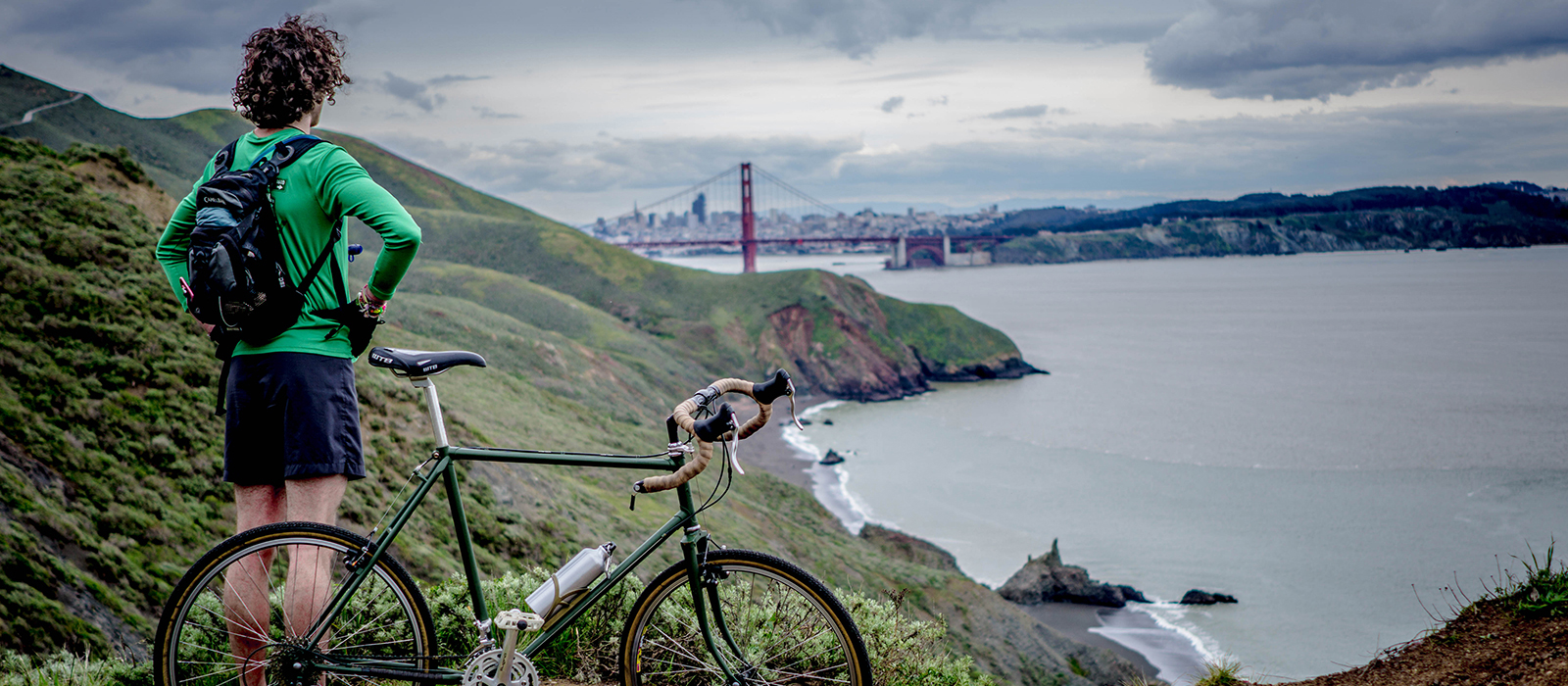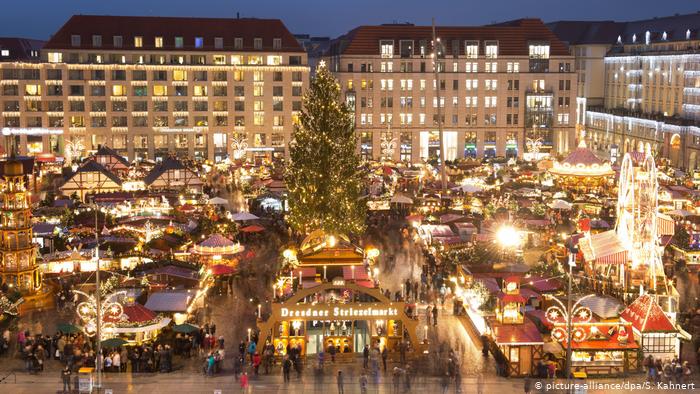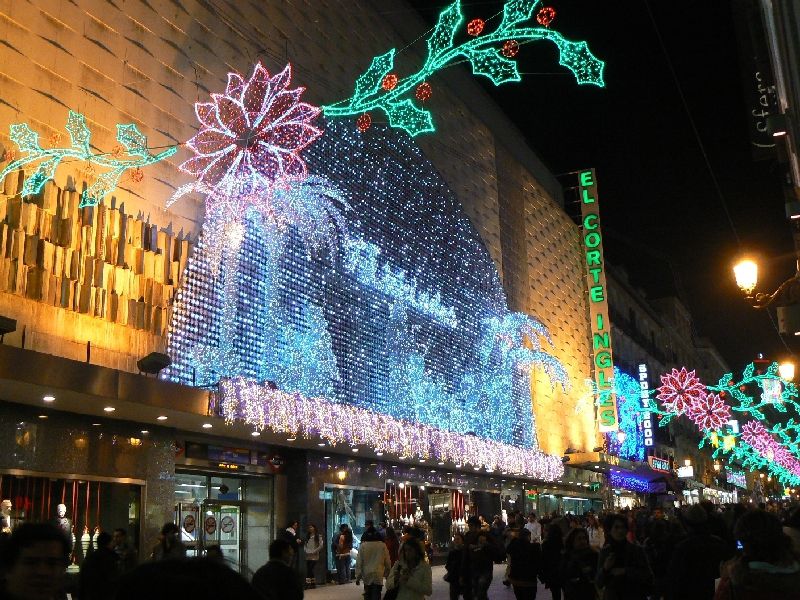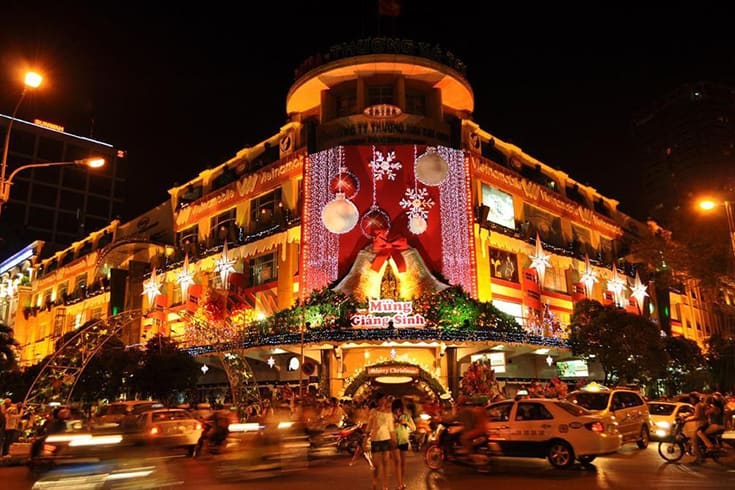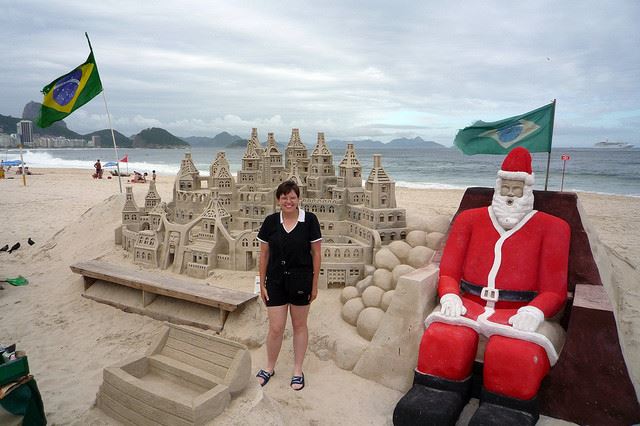This was the foundation of this Grand Tour tradition for young elite Europeans in the late 1600s to the late 1800s. As professors at universities, as we are today, we also believe that understanding the world is essential to the future of the planet we live on as we know it.
However, the rapid growth of travel and tourism in numerous regions of the world has been credited with negative consequences that are more naive than those that were advocated in the works of Mark Twain ( Citation1869a), who also stated the following ‘(t)he gentleman reader is never aware of what an exemplary woman he will be until he travels to another country.’ Cultural misunderstandings could be exacerbated by encounters with the “other,” particularly in the context of recreation hedonism and cultural appropriation, frequently associated with tourist destinations (Hall and Lew The Citation 2009). A few tourism professionals have tried to reconcile the overt profits and commodification of tourism development by providing higher-quality, ethical, and meaningful alternatives. They are generally considered niche services that serve particular groups of people. However, it doesn’t make their efforts useless (Higgins-Desbiolles, Citation2009). Through their opposition, alternative tourism can educate and sometimes brings moments of reflection to a tourism industry that appears to often forget about its effects. While we may not be able to observe, the results of alternative tourism in the tourism industry do not suggest that they won’t occur.
Also, the fact that we can’t readily see tourists transformed into having Mark Twain’s broad and wholesome, compassionate perspectives on different societies and cultures is not a reason to conclude that they don’t exist (Everingham, Citation2016). Tourism is a way of learning about other cultures through direct encounters (Falk and colleagues., Citation2012). No matter if tourists want to be educated in their travels, their experience at a location will be etched into their minds for the rest of their lives (de Botton 2002, Citation). For a tourist, you can’t do anything to stop this from taking place. As we build physical and mental (mental and bodily) connections across the world (or the minor portion of the world), tourists and other travelers participate in expanding the consciousness of humanity worldwide.
Global consciousness and the individual
Before we can define the concept of global consciousness, providing a quick overview of the individual’s consciousness is necessary. In the various theories and debates regarding the individual human mind, the one we will focus on places it in no particular location within our brains but in the phenomenological point of interaction and synthesis between our self and the worlds we interact in (Noe, Citation2009; Tononi & Koch, Citation2015). Schwitzgebel (Citation 2016) claims that philosophically, it is impossible to define ‘phenomenal consciousness; however, we can experience it as a non-representational experience (Thrift, Citation2007) through the examples of various types of attentiveness we feel. This includes awareness of our body and sensory (somatic) senses about the world around us and our awareness of our own inner feelings and thoughts, as well as desires as well as our dreams. We also presume that other human beings have experiences that are similar to the ones we experience. In contrast, we aren’t aware of the vast majority of internal functions of our body, as well as of all things beyond our immediate area of sensory awareness and of our thoughts and feelings triggered by things outside our bodies (although we can make images of them in our minds that we are able to consciously interact to, e.g., through empathy).
The world is not within our bodies. However, it is essential to our perception of consciousness, whether through direct sensory perceptions of it or by mental images we construct of the world we then perceive. Originating from pre-thought, consciousness can then move through various levels of perception, feelings, and assumptions, which can be manipulated in various ways. This happens individually within each individual’s personal experiences; however, it is also experience that explains theories of global or social consciousness. Tononi ( Citation2015), For instance, considers consciousness to be a product of the process by which humans select, synthesize, remember, share, and verify the vast quantity of internal and external incredible sensory information they’re subjected to. The theory of the global workspace (Baars Citation2005) is a step further in trying to explain human consciousness in a method to understand and predict the behavior of complex networks of non-human and human social networks, often called a global brain’.
The notions of a global consciousness are contemporary variants of Durkheim’s ( Citation1893) “collective consciousness,” which comprises beliefs, values, and practices that can determine how we interpret, manipulate, and alter our conscious and external experiences. Jung ( Citation1936) said that underneath, there is a collective unconscious comprised of archetypes and mythologies that affect our interpretations with no full understanding of social groups and individuals. Alongside these archetypes from the past, major influencers in the creation of the collective consciousness of a person or group originate from the institutions they grew up in as well as their educational system as well as media channels that educate them about the world that is out there. Travel provides a different perspective from these information sources because it focuses on a lived perception of places and people (Hill, Curtin, & Gough, Citation2013; Swain, Citation2009).
Global consciousness is more than just being more aware and understanding of the world. However, that’s a part of it. Global consciousness is more concerned with a deeper understanding of our relationship to the world and others as physical and psychological beings. It encompasses intellectual sense, sensory and body knowledge, and our identity. We create and shape the world around us with attention to detail, and everything around us shapes and shapes us through our memories and experiences (Berger and Luckmann, the Citation of 1996 and Thrift Citation, 2007). Through this process of dialectical thinking, our consciousness of ourselves and our shared and personal consciousness expand and develop as we broaden the scope of our responsibilities, which is precisely the benefit of travel and tourism.
Traveling is a method to change and expand the scope of one’s awareness. The experience of arriving in a new place requires one to refocus their attention from their surroundings and be exposed to further information, and develop new meanings and connections, which include both external and internal social, mental, as well as in terms of space and time (de Botton Bibliography 2002 Small; de Botton, Citation2016). Boone et al. ( Citation2013, page. 475) observe they “This exposure occurs naturally through travel, and can impact a person’s self-identity and how they view their place in the world.” In these ways, and invariably travel alters the individual’s state of mind, even though most travelers are likely unaware of it. Some of the ways that tourism scholars have generalized the significant forms of consciousness that tourists may enter include the sense of ‘away/non-home/non-center and of ‘liminality/experimentation,’ the feelings of ‘inspiration/reflection/insight,’ and the confusion of ‘culture shock.’ Each one is filled with feelings, the intensity and interpretation of which differ from one individual from one tourist to the other. However, all of them will have an impact on the mind of the visitor.
In this way, tourism sells consciousness-altering opportunities for expanding consciousness even though the tourists and their clients seldom think about it in these terms. It is the main reason why tourism is prevalent: people want to alter their thoughts. It is also legally legal and a socially accepted method of altering one’s thoughts. Numerous other options can be used, for example, the use of recreational drugs (including alcohol and caffeine) as well as various kinds of physical exercise, entertainment, and religious practices. However, travel is aspirational, usually deeper and more generalized on experiential options.
Three different forms of global consciousness
Table 1 provides three perspectives on global consciousness that can be useful for a travel and tourism situation: (1) knowledge about things around the globe, (2) engagement with things around us, and (3) the feeling of being part of the world. Consciousness is frequently equated with ‘awareness.’ However, this table demonstrates that an unambiguous definition doesn’t describe the wide range of connections between our inner and external worlds. The three ways of expressing consciousness are roughly in line with Bloom’s ( Citation1956 ) The Taxonomy of Cognitive Learning Styles, with his factual recalling and comprehension (knowledge), which leads to the application of evaluations (engagement) and culminated in creating ingenuity (being).
Table 1. Three different approaches to global consciousness and their connected kinds of experiences.
Falk ( Citation2012 ) created a similar conceptual approach to conducting a thorough study of academic research about how travel and tourism contribute to lifelong learning. In doing this, they used three kinds of learning that are described in the writings of Aristotle, Plato, and other Greek philosophers:
- Episteme (theoretical knowledge).
- Techne (experience-based experience and expertise) (knowledge and skills based on experience).
- Phronesis (wise and moral behavior (intelligent and ethical practice, including (honest and innovative approach, including reflexivity).
They, naturally, are in general agreement with Bloom’s taxonomy. The review article offers helpful information on what’s described in Table 1 But from a narrower viewpoint of learning and education.
Knowledge is the primary concept on which our awareness of the universe is based. Most of the tourism industry focuses on this in marketing and promotional details (Lew, Citation1991). Tourists desire to go to an area that they have been aware of. The motive behind visiting is rooted in a knowledge of the place’s things, which are rooted in history (fame) and geographical characteristics (sun, ocean, sand, and sun) or other aspects (economy or ancestral roots or hobbies) which reflect or reinforce the interests and identity of the person visiting. Archetypes that are not conscious, like seduction and sex, are also often present, but they are seen as accurate within the minds of the prospective tourist. The journey provides tourists with the direct experience of a place that is not their own, which enhances their understanding of the place and changes their perspective on it, regardless of whether they consider the experience good or bad, in the context of their desires and expectations. The primary stage or the form of consciousness globally is about knowledge that is factual of the three senses: sensory, intellectual, and spatial.
Global consciousness is a form of engagement that creates emotions (encounters emotions, arousal, and attachments) and reflexive aspects to the knowledge of facts about locations (Everingham, Citation2016; Liu & MacDonald, Citation2016). Every visitor develops their factual understanding of the places they visit at different levels and a minimum level of emotional involvement. However, only a few can reach an awareness of the location that is deeper and more meaningful. They are also more reflective or conscious (Frauman and Norman, Citation2004; Moscardo, Citation1996). More than other sites, specific tourist destinations can trigger responses from civic engagement, ethics, social responsibility, and empathy. This is particularly evident in significant historical instances (Lowenthal, Citation2015), for example, places associated with Holocaust-related events, such as the Jewish Holocaust, the African slave trade, and past conflicts and natural disasters. Non-governmental organizations and alternative travel companies are also helping bring ethical concerns to the attention of tourism and tourists business, and these kinds of initiatives are increasing.




